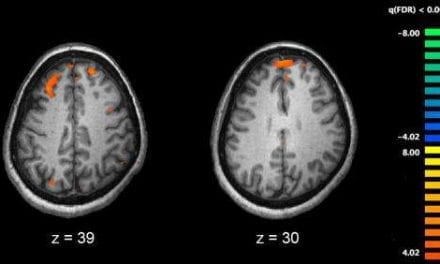10/20/06
Soaring levels of obesity might be linked to children sleeping fewer hours at night than they used to, claims a researcher in the Archives of Disease in Childhood.
Shahrad Taheri, MD, PhD, of the University of Bristol, blames the increasing availability of computers, mobile phones, TVs, and other gadgets on the diminishing nightly quota of sleep, and suggests they should be banned from children’s bedrooms.
Taheri cites the emerging body of research on the impacts on the body of a fall in the nightly quota of sleep, which reflects circumstances in real life, rather than sustained sleep deprivation, which tends to be more extreme.
This research shows that shorter sleep duration disturbs normal metabolism, which may contribute to obesity, insulin resistance, diabetes, and cardiovascular disease. Even two to three nights of shortened sleep can have profound effects, the laboratory data suggest.
Taheri acknowledges that the mechanisms behind obesity are likely to be complex. “Sleep is probably not the only answer to the obesity pandemic, but its effect should be taken seriously, as even small changes in energy balance are beneficial,” he says. “Good sleep could be promoted by removal of gadget distractions from bedrooms and restricting their use.”
Click here to view the article in full: [removed]http://press.psprings.co.uk/adc/november/881_ac93013.pdf[/removed]



